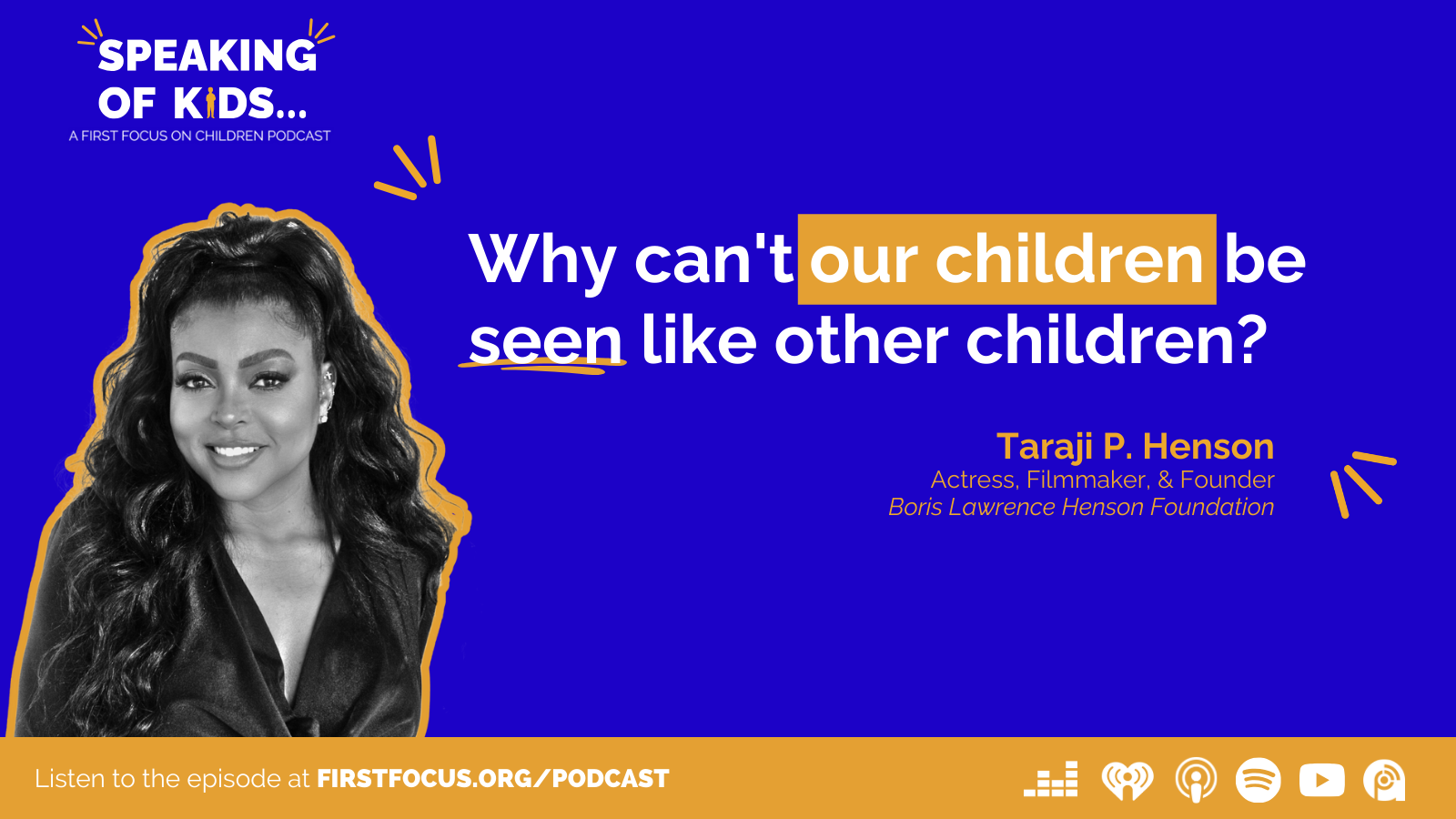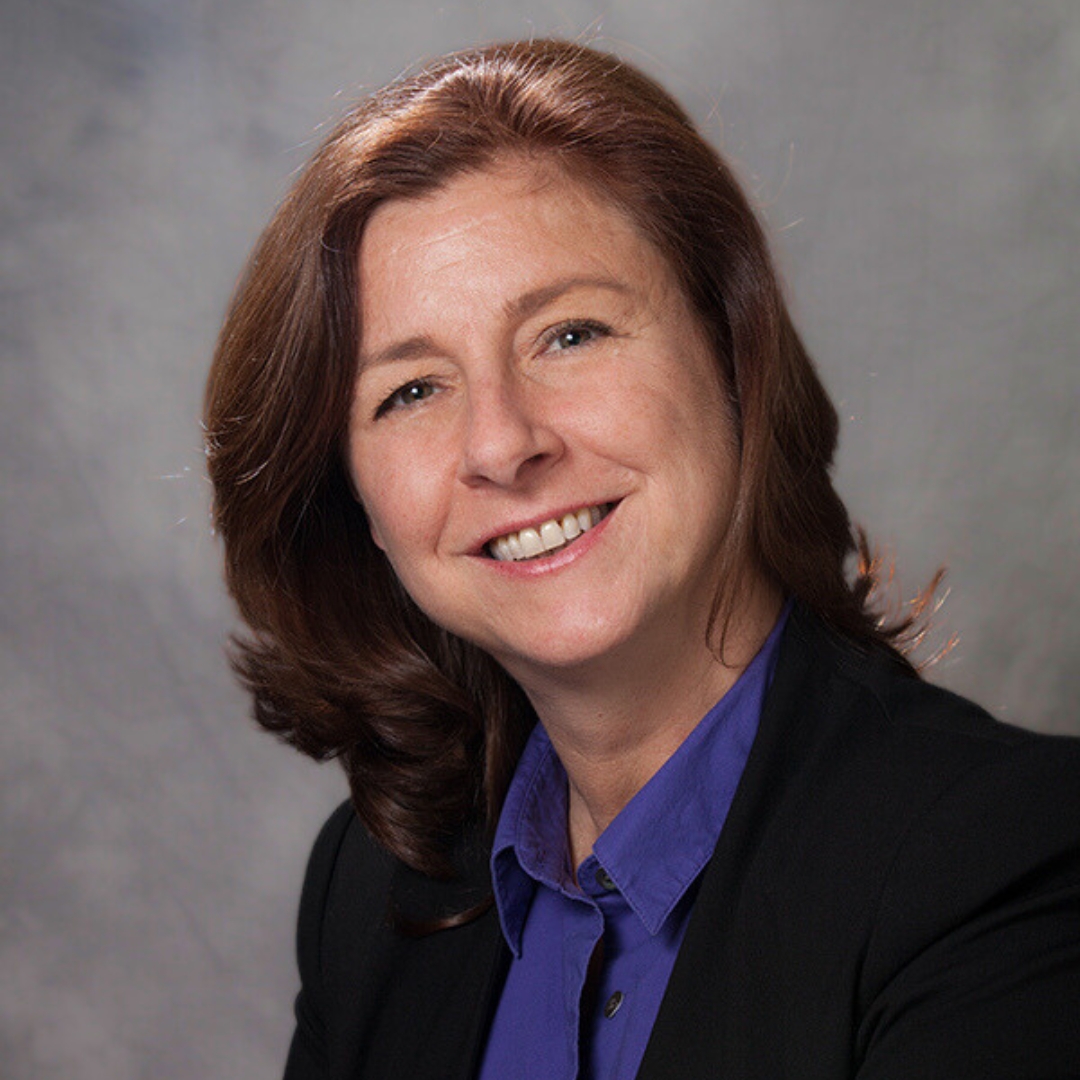
The Academy Award- and Emmy-nominated actor Taraji P. Henson may be best known for her roles in the television sensation Empire and films including The Color Purple, but she also has another calling.
Henson established the Boris L. Henson Foundation in 2018 as a tribute to her late father, who struggled with mental health issues after serving in the Vietnam War. The foundation aims to destigmatize mental health within the Black community and enhance accessibility, especially for Black youth. In honor of Mental Health Awareness month, Henson and foundation executive director Tracie Jade joined this week’s “Speaking of Kids” podcast to discuss their mission to make mental wellness a foundational part of classroom experiences, their “respite pods,” and the impact of racism and generational trauma on diagnosis and treatment.
Through advocacy and direct service — free therapy for African Americans, mental health scholarships to increase the pipeline of Black clinicians, and training in areas such as cultural competency — Henson and the foundation apply a prevention lens to mental health issues. In 2023, they launched “wellness pods,” which provide hassle-free access to mental wellness resources in barbershops, hair salons, basketball courts, skating rinks and other traditional and non-traditional spaces where African Americans convene.
“We started erecting these respite pods on HBCU campuses,” Henson tells “Speaking of Kids” co-host Mesellech Looby. “This is something that we need to start as early as preschool, kindergarten. That’s our plan — to have these respite centers on every corner in every major city. But until we get there, we’re just doing the best we can and chipping away.”
Both the American Academy of Pediatrics and the U.S. Surgeon General have declared a national emergency around child and adolescent mental health, and the crisis is more pronounced for Black youth. Between 2007 and 2017, the suicide rate for black children nearly doubled. Black youth suicide rates are rising faster than those of any other racial or ethnic group in America, and twice as many Black children as white children lost caregivers to COVID-19. Black children are more likely to be physically restrained than white children and also more likely to receive a diagnosis of a disruptive disorder, such as oppositional defiant disorder, than white children, who are more likely to be diagnosed with ADHD or ADD.
Over the years, Medicaid and the Children’s Health Insurance Program (CHIP) dramatically cut the disparity in the uninsured rate between Black and Hispanic children and white children. But as more and more children lose Medicaid coverage — the number today stands at more than 5 million — this disparity is likely to re-emerge, and to exacerbate the mental health crisis among Black youth in particular.
